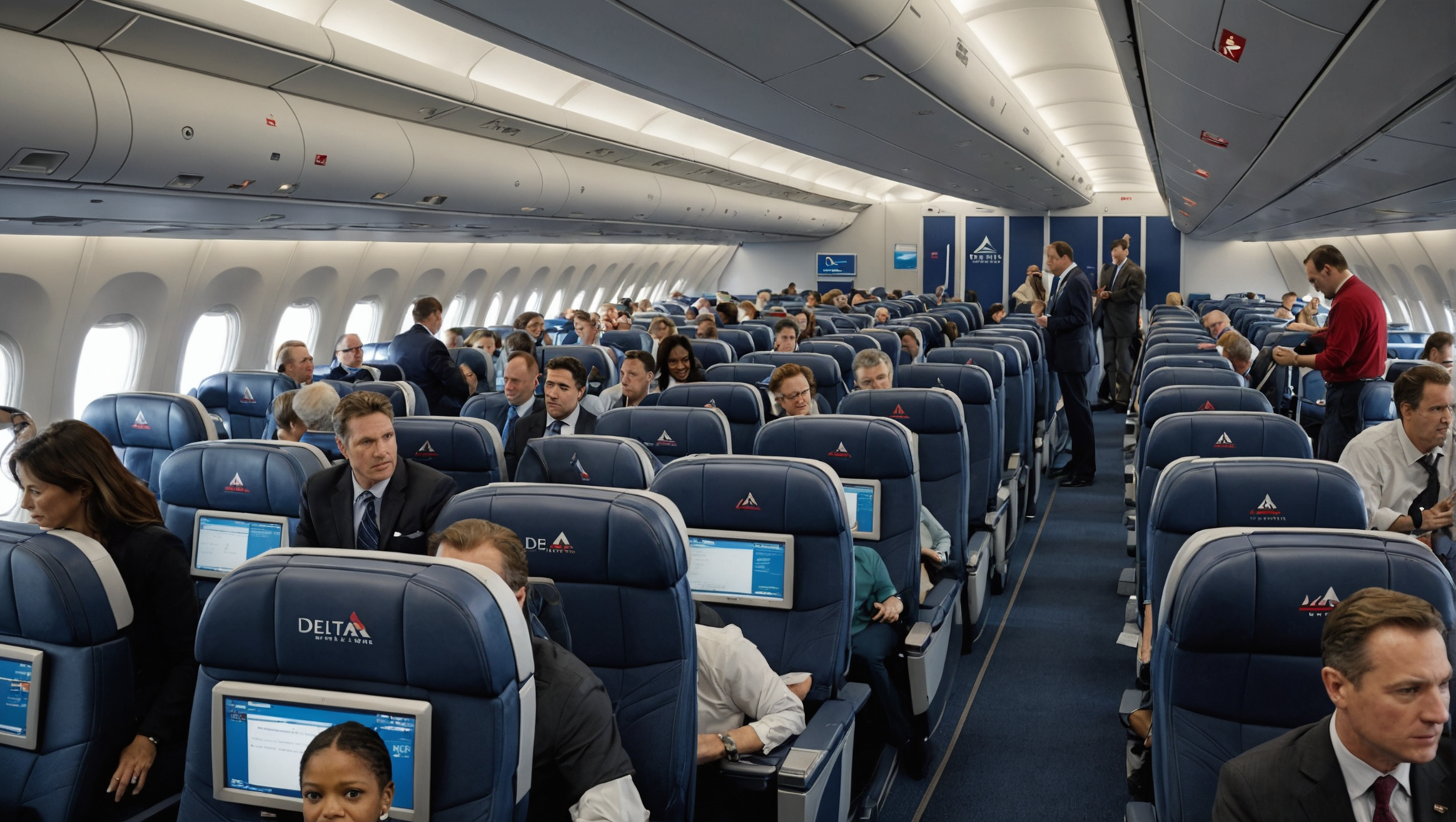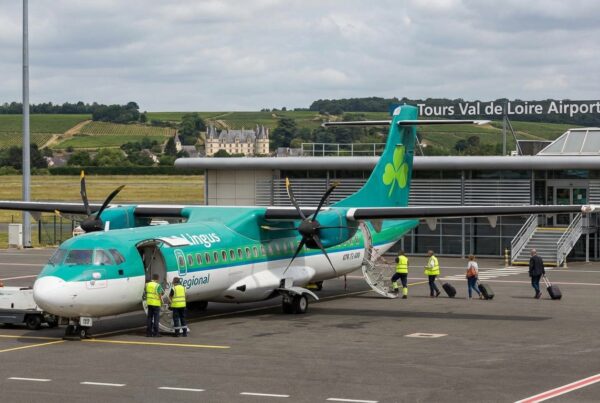Delta Air Lines, one of the world's most renowned airlines, is currently facing a major double challenge. The company is faced with internal overcapacity, resulting in high costs, and declining passenger numbers on its transatlantic flights. This combination of factors complicates the management of Delta's operations and raises crucial strategic issues for its future.
Problems of internal overcapacity

Delta Air Lines is currently facing a series of challenges related to internal overcapacity. With a large fleet of aircraft, the airline finds itself with more seats available than passengers to fill them. This complex situation generates additional costs for the company, which has to maintain its infrastructure and operations despite a marked drop in occupancy.
Decline in transatlantic passenger numbers
At the same time, Delta Air Lines significant drop in attendance on its transatlantic flights. This trend can be explained by several factors, including a decline in demand for international travel and increased competition from other airlines offering more competitive fares and similar services.
Proposed adjustment measures
To address these challenges, Delta Air Lines is considering various adjustment measures. These include the possibility of reducing the number of flights operated on certain low-frequency routes, and optimizing fleet utilization to align capacity with actual demand. Other strategies include fare promotions and improving the customer experience to attract and retain passengers.
Financial impact
Visit internal overcapacity coupled with falling passenger numbers, is having a significant financial impact on Delta Air Lines. Operating costs are rising while revenues are falling, affecting the company's profitability. Delta is therefore forced to reassess its strategy to ensure long-term economic viability.
Passenger reactions and competition
Passengers perceive these adjustments in different ways, some appreciating the company's efforts to maintain quality services, while others turn to competitors offering more attractive options. Delta must carefully navigate these reactions to retain its customer base while attracting new travelers.
Implications for the future
In conclusion, the current challenges facing internal overcapacity and lower attendance on transatlantic flights represent a period of transition for Delta Air Lines. The company must demonstrate innovation and adaptability to overcome these obstacles and regain operational and financial stability.
- Internal overcapacity
- Decline in attendance




